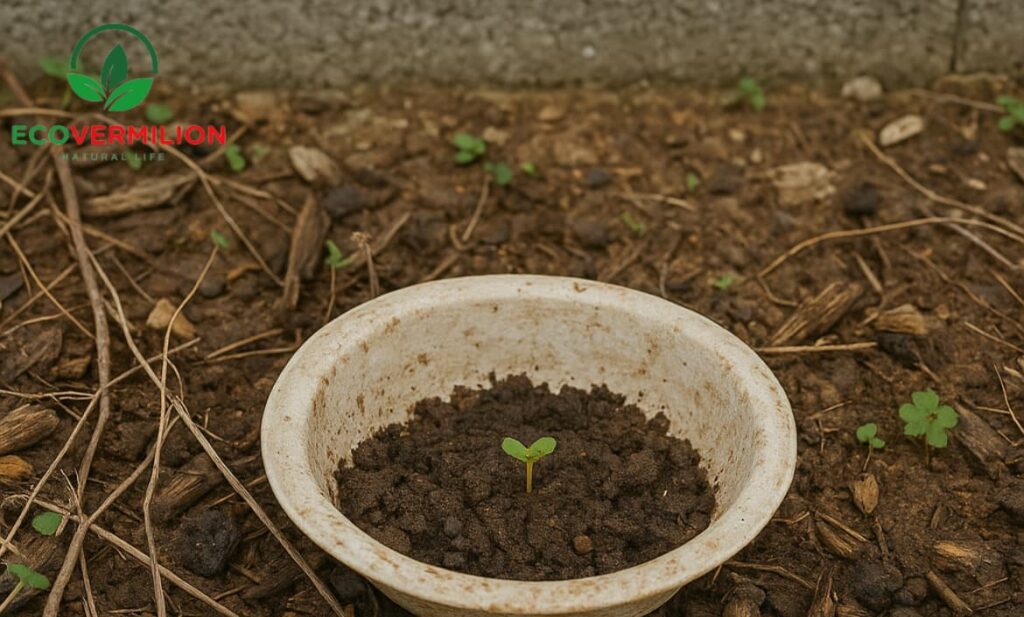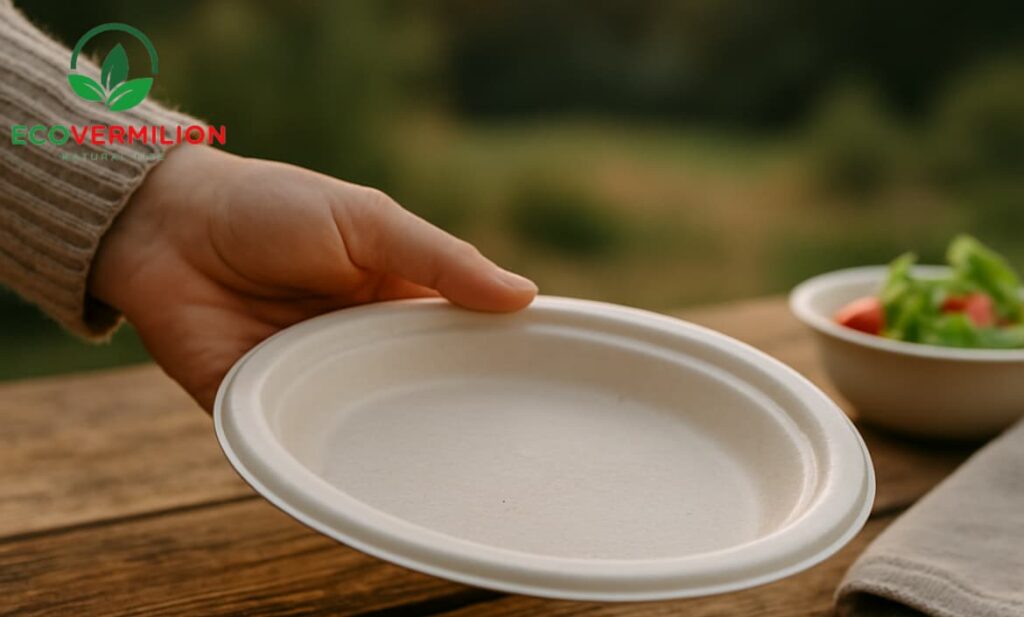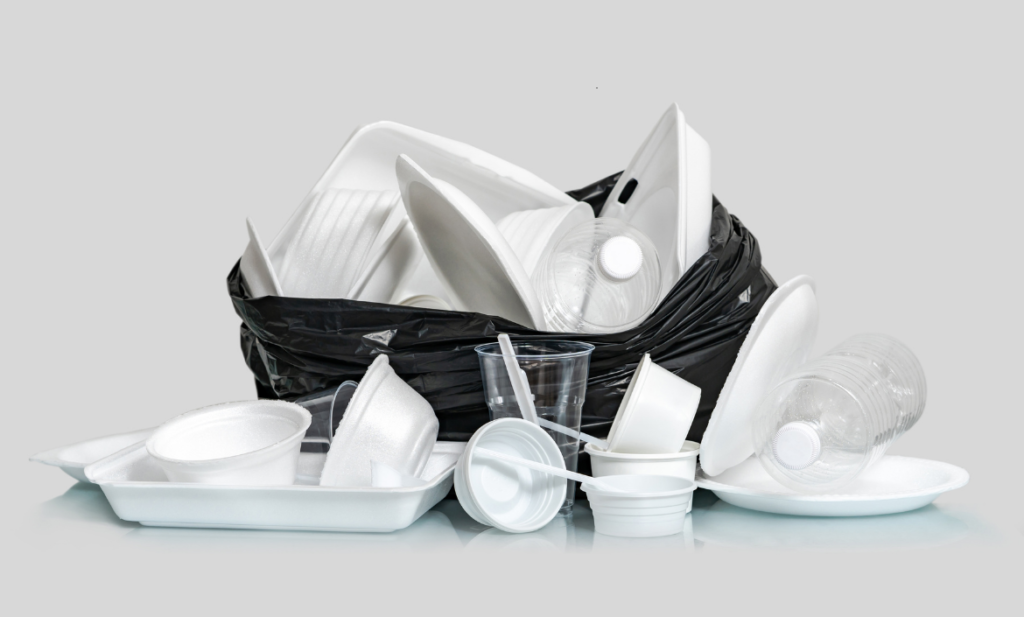Why More and More Restaurants in France Are Switching to Compostable Tableware?
Why More and More Restaurants in Europe Are Switching to Compostable Tableware Why More and More Restaurants in Europe Are Switching to Compostable Tableware In the ever-evolving world of food service, one trend has taken root across Europe and shows no signs of slowing down: the widespread adoption of compostable tableware. From boutique bistros in Paris to eco-conscious cafés in Berlin, more and more restaurants are turning to sustainable alternatives for their disposable tableware needs. But why this sudden shift and what does it mean for the industry? Here are the five key reasons behind this growing transformation: 1. Consumer Expectations Are Changing Today’s diners are not only looking for great taste and ambiance they are increasingly prioritizing sustainability. With environmental awareness at an all-time high, consumers are actively choosing restaurants that align with their values. A recent European survey found that over 60% of customers consider eco-friendly practices when selecting where to eat. Offering compostable tableware isn’t just good for the planet—it’s smart business. It shows that your restaurant cares about the impact it has beyond the kitchen, creating deeper trust and loyalty among your customers. 2. New Regulations Across Europe Governments across Europe are cracking down on single-use plastics. Countries like France, Germany, and Italy have already banned or heavily restricted plastic cutlery, straws, and plates under EU directives aimed at reducing marine pollution and landfill waste. Restaurants that don’t adapt now risk legal penalties, negative publicity, or simply falling behind the competition. Compostable tableware offers a clear and compliant alternative that aligns with current and future regulations. 3. Operational Convenience with an Eco-Conscious Twist Many restaurant owners worry that “eco-friendly” means more work. But compostable tableware today is just as functional and user-friendly as plastic, often requiring no extra handling or disposal steps. Especially for takeaway services, food trucks, event caterers, and delivery platforms, compostable solutions offer a practical way to minimize cleaning and logistics, while maintaining a modern, responsible brand image. With the rise of sugarcane, bamboo, and cornstarch-based materials, durability and presentation are no longer a concern—they’re a benefit. 4. Brand Positioning and Competitive Edge In a crowded marketplace, differentiation is everything. Restaurants that actively embrace compostable packaging and sustainable practices set themselves apart as innovative and responsible. This kind of branding opens the door to: Media attention and inclusion in eco-guides, Collaborations with sustainable food brands, And even higher pricing power for environmentally responsible offerings. With compostable tableware, your restaurant becomes more than a place to eat—it becomes a statement. 5. Supporting the Circular Economy Compostable tableware doesn’t just “degrade faster “it supports a new way of thinking. Instead of creating waste that lasts hundreds of years, compostable items are designed to return to the earth in weeks or months, often enriching the soil in the process. By choosing compostable solutions, restaurants actively participate in the circular economy, where resources are reused, not wasted. This mindset resonates deeply with today’s conscious consumers and can redefine a brand’s long-term sustainability impact. Real Impact, One Plate at a Time Take the example of restaurants that switched to compostable plates and cutlery made from bagasse (sugarcane fiber). Not only did they reduce waste volumes, but they also: Decreased their carbon footprint, Gained positive customer feedback, And enhanced their eligibility for local green certifications. Ecovermilion, for instance, offers compostable solutions that are certified, reliable, and elegant—ideal for high-volume restaurant operations that refuse to compromise on ethics or aesthetics. Making the Switch: What to Consider If you’re considering switching to compostable tableware for your restaurant, keep these factors in mind: Check for certifications (like EN13432 or OK Compost), Ensure the materials are suitable for hot/cold items, Choose a supplier that aligns with your delivery and pricing needs. Also, don’t forget to communicate your choice to your customers. Add signage, share the story on social media, and train your staff to explain why you’ve made the switch. Transparency turns action into impact. The shift toward compostable tableware isn’t just a trend—it’s a reflection of a deeper shift in values. It’s about recognizing that every fork, every cup, and every plate is a chance to vote for a better future. As we move toward a greener hospitality landscape in Europe, the question is no longer “Why switch?”, but rather: “What’s stopping you?” Let your restaurant lead the way one compostable plate at a time.
Why More and More Restaurants in France Are Switching to Compostable Tableware? Read More »










